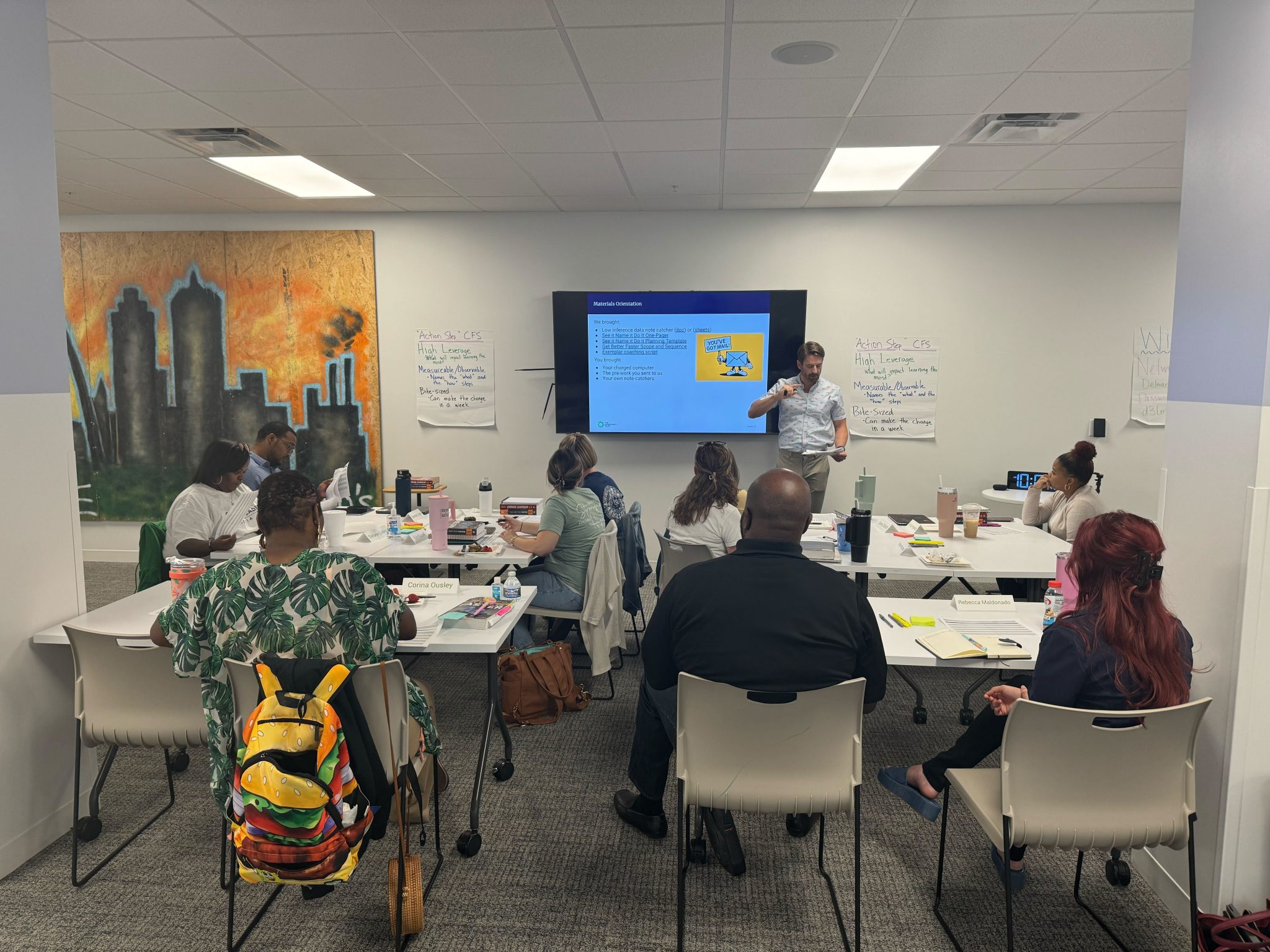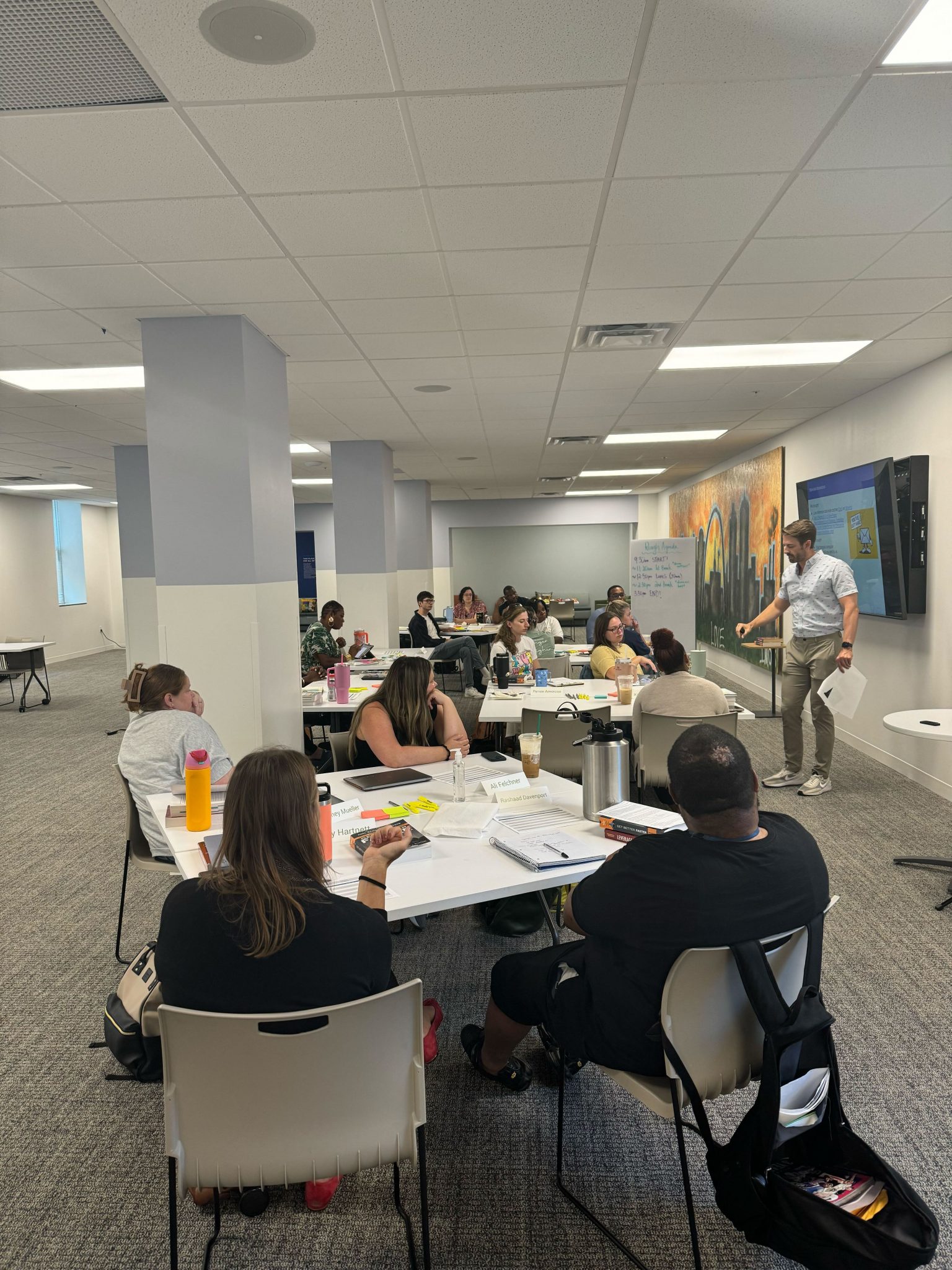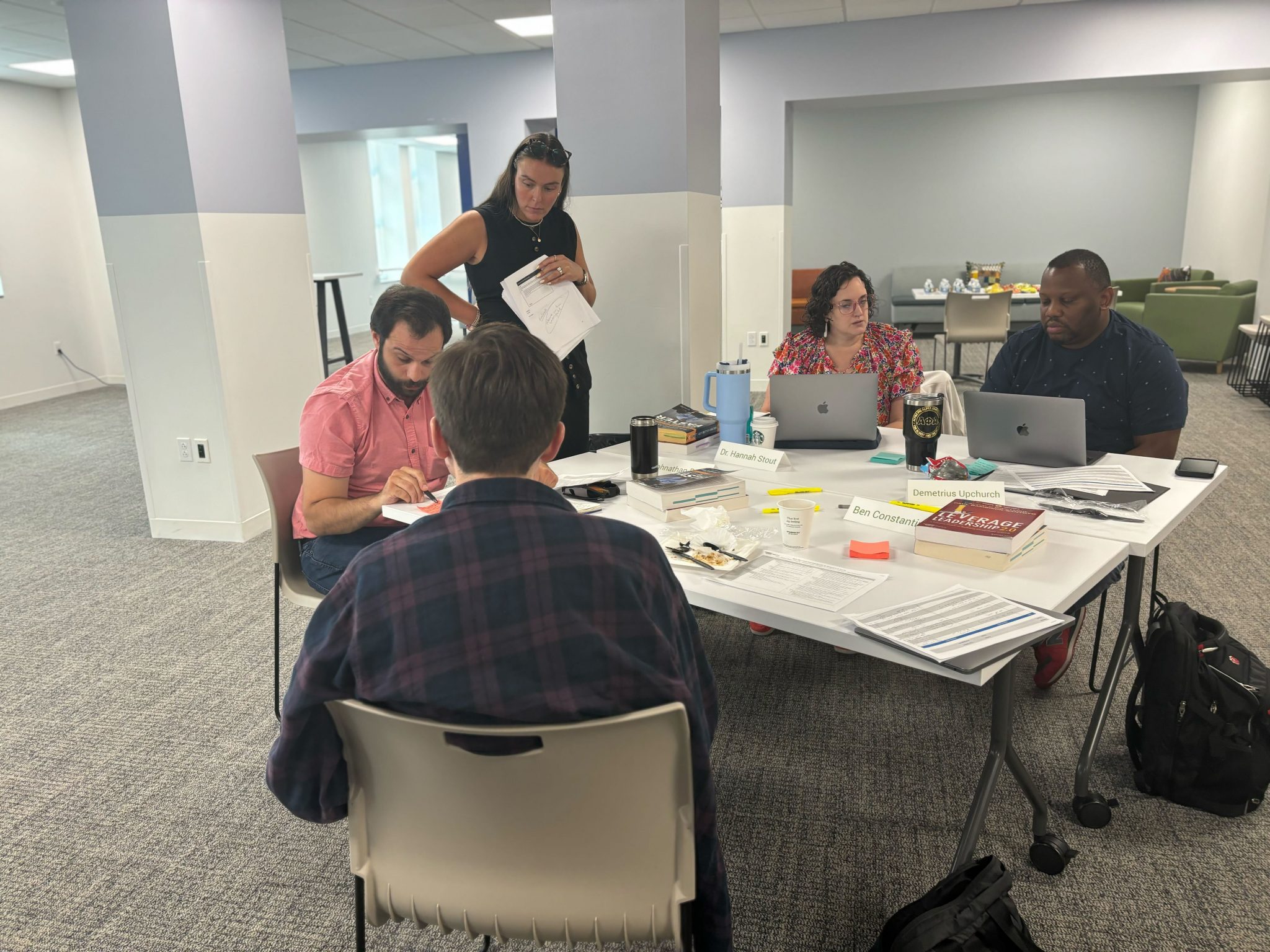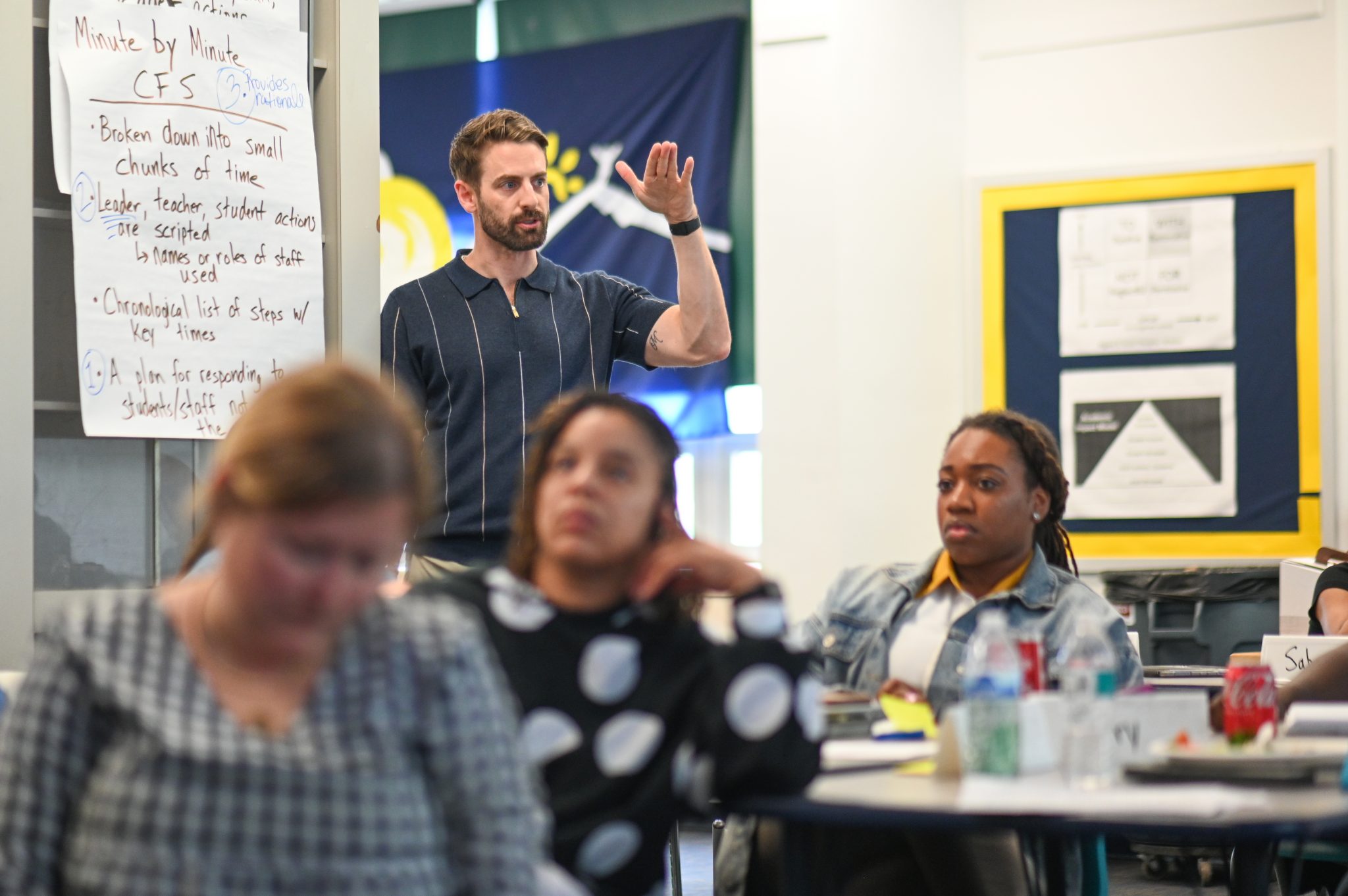
01/23/25
Bootcamps Driving Measurable Change in St. Louis
This August and September, The Opportunity Trust took leadership to the next level with two Instructional Leadership Bootcamps designed to have an immediate impact for students. These sessions weren’t just about learning new skills—they were about transforming St. Louis schools from the inside out. Principals, assistant principals, instructional coaches, and academic leaders walked away with practical, targeted tools to close coaching and leadership gaps, and they’re already putting these insights to work in classrooms across the region.

Data-Driven Success: The Numbers Speak for Themselves
Despite a desire to improve academic outcomes through strong teacher coaching, many educational leaders struggle to create precise and measurable action steps that drive constructive teacher development. This skill gap has limited the ability of coaches to implement effective strategies consistently across schools. Bootcamp #1 was explicitly designed to support educators in this area. The impact of the bootcamps is evident from the data.
“We set ambitious goals for Bootcamp #1, aiming for 70% of participants to write high-leverage, bite-sized, and measurable action steps, and achieve a foundational score or higher on key coaching criteria,” said Alexis Ulaj, Associate Partner at the Opportunity Trust. The results exceeded expectations:
- 80% of participants wrote action steps that met all three criteria for success for strong action steps at the proficient level or above.
- 80% of participants scored at the foundational level or higher on every criterion of the “See It, Name It, Do It” coaching framework.
Bootcamp #2 continued to build on these achievements, reinforcing the importance of continuity in training. Participants were instructed to plan, facilitate, record, and analyze a practice clinic and script, and score their clinic for self-reflection and growth. The goal was to deepen their skills by building on the foundations set in Bootcamp #1:
- 100% of participants wrote action steps that met all three criteria at the proficient level or above.
- 73% of participants achieved a foundational score or higher on all criteria of a Practice Clinic.
Sustained engagement in these bootcamps strengthens participants’ instructional coaching skills over time. Notably, participants who attended both sessions saw greater improvement, particularly in the skill of action step identification and writing, which is the foundational skill required for all other coaching skills, demonstrating that continuity in training leads to better mastery and performance.

Real Impact: Participant Experiences
The success of the bootcamps isn’t just reflected in the data—it’s felt by the participants themselves.
After 14 years in education, Sherman Logan, Director of Academics at Kairos Academies, left bootcamps with a fresh outlook on professional development.
“After the first day just coming out of it, I was like, wow, this is a completely different perspective on the See It, Name It, Do It, and I just felt completely refreshed and had a new lens,” Logan shared. “Being able to leverage my voice and my experience with it was something that really helped me just dive in a little bit deeper and take this practice and see how I can better myself so that I can actually support others in the area and then come back and support my team a little bit better.”
Building leaders are also leveraging bootcamps to drive instructional improvements.
“From the principal position, I want to make movement for my whole building, and I want to support my coaches in doing that, but I don’t want to rely on my coaches to make those instructional moves and gains,” said Jessica Smyth, Co-Elementary Principal at Premier Charter School. “So when we’re talking about implementing new protocols or new practices, I don’t want to just approve it and hear from them about what they think. I also have a really clear understanding of these practices and protocols.”

Go Deeper with a Real-World Example
Turning Observations Into Action: Principal Daniels and Instructional Coach Jones sit in an office, reviewing notes from their latest classroom observation.
“He did great following through on his pacing plan,” Smith noted, “he can take learning to the next level if he focuses on helping students with data-driven independent practice.” Principal Smith nodded in agreement. “Great, let’s write an action step for him to focus on – you can walk him through it during your next coaching session.”
SCENARIO –
The teacher circulates during independent practice and checks only for completion. Then, the teacher reviews every single problem with students afterward, even though the teacher noticed that most students demonstrated mastery of numbers 1-3.
ACTION STEP –
What:
Facilitate Data-Driven Independent Practice
- – Select 1-3 “do not pass go” problems that are fully aligned to the learning target(s) and circle them. Write a t-chart beside each.
- – Circulate to check your target answers and tally on your student packet the number of students that miss each target problem.
Stay Informed: Get Involved in Future Opportunities
The success we’ve seen so far is only the beginning – we’re committed to supporting instructional leaders as they work to transform their schools and communities.
For more information about bootcamp data or upcoming opportunities, contact Alexis Ulaj, Associate Partner at The Opportunity Trust, or visit our Bootcamps page to join us in shaping the future of instructional leadership.